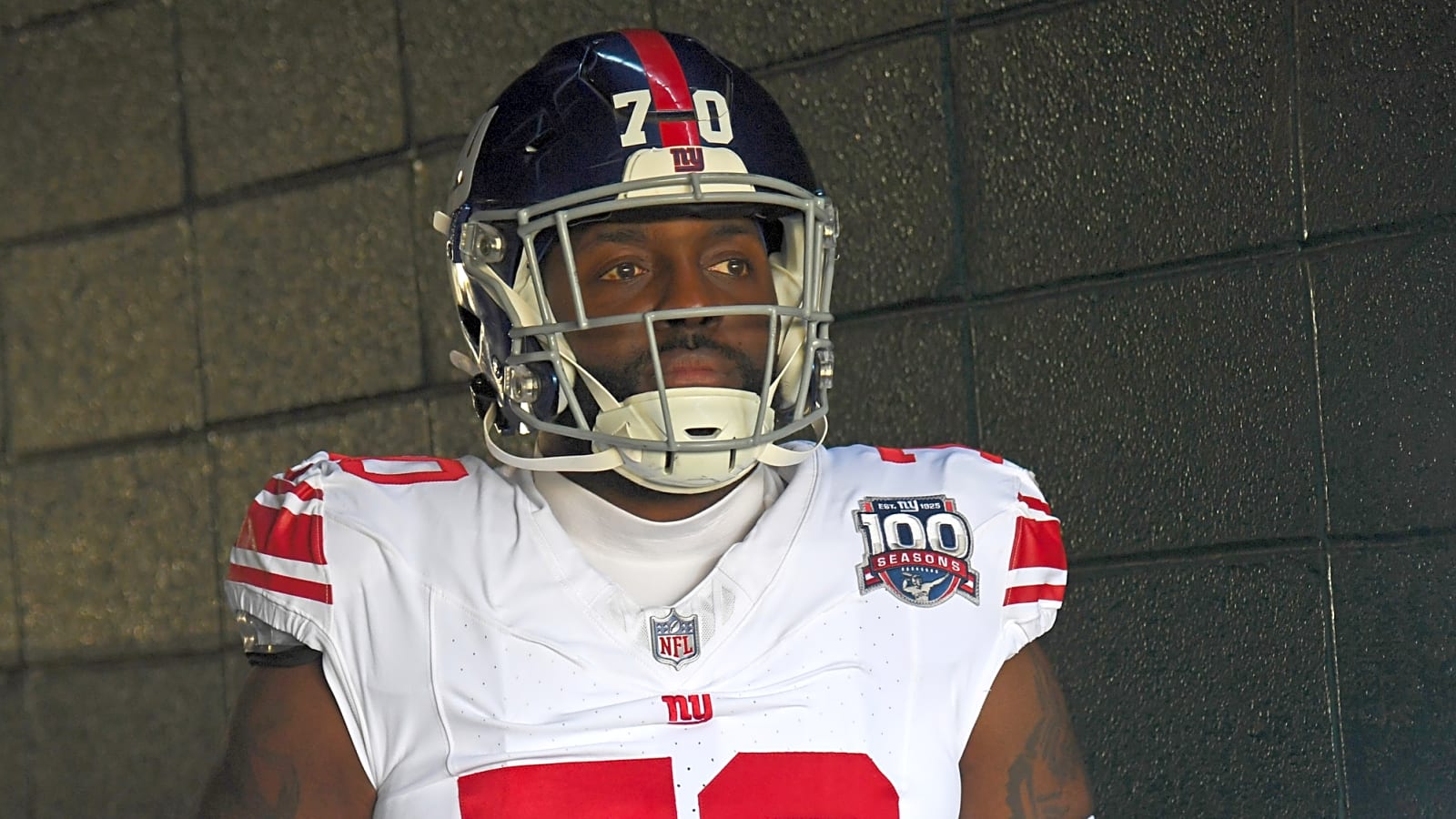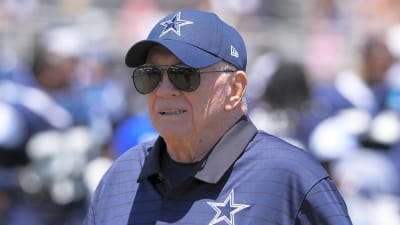
September 10 marks World Suicide Prevention Day, organized by the International Association for Suicide Prevention. The purpose is simple yet profound – to raise awareness that suicide can be prevented.
For NFL offensive tackle Chris Hubbard, the day carries deep meaning. Now in his 30s, Hubbard has carved out a respected career in the league. A Georgia native, he starred at UAB before entering the NFL as an undrafted free agent with the Pittsburgh Steelers in 2013. He spent five seasons in Pittsburgh before joining the Cleveland Browns in 2018, where he became a steadying presence on their offensive line. Known for his versatility, he’s lined up at multiple spots up front and has built a reputation as a durable veteran and a leader in the locker room.
Hubbard’s success on the field, however, came with personal battles off of it. He has openly shared his experiences with mental health, turning his platform into a source of encouragement for others.
“I believe as professionals we should make a point to have sit down meetings on how each individual player feels,” Hubbard told me. “Make it a mandatory, one on one direct meeting with players throughout the week. Teams have resources of this sort to make sure that something like this could happen. Make it more aware to fans as well, get a hold of the local mental health and prevention of suicide resources in cities that teams are in.”
That kind of proactive approach could prevent athletes from suffering in silence, something Hubbard himself once experienced.
“The most challenging part of seeking help, was feeling judged and feeling weak as a man,” he admitted. “I thought that getting help in the beginning for me would make people look at me differently. My advice to any athlete, who may be struggling to please seek help. It was and is the best thing that I could have ever done for myself. Taking that step to really seek help and talk about those uncomfortable things that you have been through, unlocked a whole new me.”
For Hubbard, the weight of NFL life — long seasons, injuries, expectations, and constant scrutiny — made it easy to internalize struggles. Over time, he’s learned strategies to manage the pressure.
“The pressure can be challenging,” he explained. “Some of the things that help me to get through pressure, calling on God and also doing breathing techniques. Listening to a podcast helps me or talk to the people that I love. That always takes my mind off of the pressure.”
He also pointed to the locker room as a sanctuary where teammates can lean on each other.
“The locker room is really a safe space for players to come together and bond,” Hubbard said. “It’s important to have those everyday conversations with your teammates, we all come from different backgrounds. When you are able to be vulnerable with your teammates, I believe that it makes the team stronger.”
Hubbard has seen firsthand how stigma holds athletes back from speaking up.
“The biggest misconception about mental health is that it is seen as being weak and that’s not the case,” he said. “When you take care of your mental health that’s the biggest sign of strength!”
That’s why he believes athletes must use their platforms to create change.
“It is so important to use your platform to talk about mental health,” he explained. “People are able to see and also talk to you about their stories or what they may struggle with. Being open and honest in that space can reach so many people.”
For coaches, family, or friends concerned about an athlete, Hubbard said the key is to pay attention and ask questions.
“You would not know until you actually talk to each player individually,” he shared. “Talking to a player one on one can be the best way to see if a player is struggling. I know with my struggle I was very quiet, I suffered in silence until it became too much for me to hold in anymore. The quietness and being to myself was not the best solution for me.”
That silence, he noted, was more common when he entered the NFL than it is today.
“When I first entered the league, we did not talk about mental health at all,” Hubbard reflected. “It has grown over the years of how important mental health is. We have seen CTE from the players in the past and how guys suffered in silence. I believe that the NFL is doing its job on bringing the awareness of mental health to the forefront now.”
Personally, Hubbard draws strength from faith and routine.
“The first thing is God, he has brought me through so much. When I thought that I was alone, God was always there,” he said. “Other techniques and routines for me are breathing techniques. I use these in the morning after I talk to God to get my day started. I also use daily affirmations, building that confidence in myself makes me walk throughout my day with belief and clarity. Working out daily no matter if I am tired or even when I don’t feel motivated, having a workout brings me so much peace. Releasing those endorphins gives me the energy that I need.”
On World Suicide Prevention Day, Hubbard wanted to leave fans and young athletes with a message of resilience and hope.
“If you are feeling overwhelmed or hopeless, believe that the feeling won’t last,” he said. “It’s ok to feel, and it’s ok to be honest with yourself. The one thing that I do know that God will bring you through. Get around the people that you love, talk to them and be vulnerable because vulnerability is strength. Also go seek professional help to better yourself, as people we can’t do everything on our own. We are overcoming it together!”
For Hubbard, that philosophy has been as vital to his longevity in the NFL as his physical preparation. In a league where careers are often short, his ability to adapt, battle back from injuries, and stay mentally strong has kept him on the field for more than a decade. The same resilience that helps him block defenders on Sundays is what fuels his advocacy for mental health awareness off the field.
As he continues his journey, Chris Hubbard remains a reminder that toughness in sports is not just about strength and grit. Sometimes the greatest show of strength comes from speaking openly, seeking help, and encouraging others to do the same.
More must-reads:
- Chiefs have surprising stance on Tyreek Hill trade
- Cowboys' Stephen Jones tries to provide clarity on Jadeveon Clowney situation
- The '200-passing yards in first 20 NFL games' quiz
Breaking News
Trending News
Customize Your Newsletter
 +
+
Get the latest news and rumors, customized to your favorite sports and teams. Emailed daily. Always free!








